This call for designs is to start the first public investigation related to my MIT thesis project, “Public by Design: Auto-fabrication for a Contemporary Urban Physiognomy” which unites digital fabrication of urban objects with participatory design. The question my thesis seeks to answer is how to improve urban quality by introducing new ways to build structures for civic life. I envision a future in which the people will feel ownership of their city by proposing new functions for public space and by being the designers of it. This thesis also seeks to re-frame the relationship between artificial and natural. Pavilions, city gates, fountains, rostra and obelisks are artifacts which express the character of the local civic society and constitute the social infrastructure of the urban environment. These places are the sites where public good is produced and represent significant contact points between the institution and the citizens. My research will result in a manual and a kit of parts for building six new typologies of Public Objects in contemporary cities.
The Project
The Holistic Urban Objects are prototype scaffolds for participatory public-ness. Public is intended as an extensive concept that accounts for other species of beings and networks of objects. The Holistic Urban Objects will create awareness and social responsibility. Their physical structure acts as catalyst of interspecies exchanges and will express new unexplored civic functions as chosen by the citizens. This project proposes a method to create a super-urban space that is part of a global networked plot: publishing online a set of drawings of the Holistic Urban Objects that can be easily fabricated with a CNC router allows the audience to participate in the physical making of space in any place of the world, by building their own. The fabricated object, built by CNC cut ½” plywood sheets, is going to be customized using local materials (wood, leaves, building scraps, plastics, etc.). The architecture, therefore, reflects the ecology of the place because customization is enacted by humans and other species that decide to inhabit the structure.
Michela Barone Lumaga
Michela Barone Lumaga is a designer and researcher. A graduate of Politecnico di Milano, she is currently enrolled in the SMArchS program in the Architecture and Urbanism Department at the Massachusetts Institute of Technology. Her work at MIT has been focused on using digital fabrication to create new environmental perceptions and to formulate technological and innovative proposals that aim to generate a better relationship between people and the built environment. Michela has worked as architect in both Europe, South America, and the United States. She collaborated with the Brazilian government in Rio De Janeiro to implement design workshops in slums. Currently a fellow at the TATA Center for Technology and Design (MIT Energy Initiative Group), Michela is implementing a digitally fabricated, masonry based, Pilot Home for India. Her thesis, “Public by Design: Auto-fabrication for a Contemporary Urban Physiognomy” proposes urban objects as catalysts of inter-species exchanges and archetypes of a new participatory, contemporary design practice. In 2012, Michela`s digitally fabricated light sculpture, “Sfumatura Mobile”, was showcased at the MIT Museum of Art.
Michela Barone Lumaga is a designer and researcher. A graduate of Politecnico di Milano, she is currently enrolled in the SMArchS program in the Architecture and Urbanism Department at the Massachusetts Institute of Technology. Her work at MIT has been focused on using digital fabrication to create new environmental perceptions and to formulate technological and innovative proposals that aim to generate a better relationship between people and the built environment. Michela has worked as architect in both Europe, South America, and the United States. She collaborated with the Brazilian government in Rio De Janeiro to implement design workshops in slums. Currently a fellow at the TATA Center for Technology and Design (MIT Energy Initiative Group), Michela is implementing a digitally fabricated, masonry based, Pilot Home for India. Her thesis, “Public by Design: Auto-fabrication for a Contemporary Urban Physiognomy” proposes urban objects as catalysts of inter-species exchanges and archetypes of a new participatory, contemporary design practice. In 2012, Michela`s digitally fabricated light sculpture, “Sfumatura Mobile”, was showcased at the MIT Museum of Art.
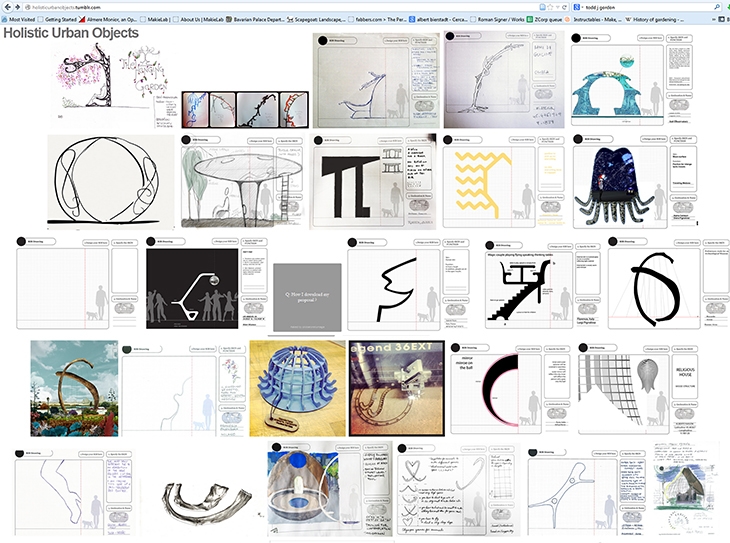 PARTICIPATION
PARTICIPATION NETWORKED DESIGN EXPERIMENT
NETWORKED DESIGN EXPERIMENT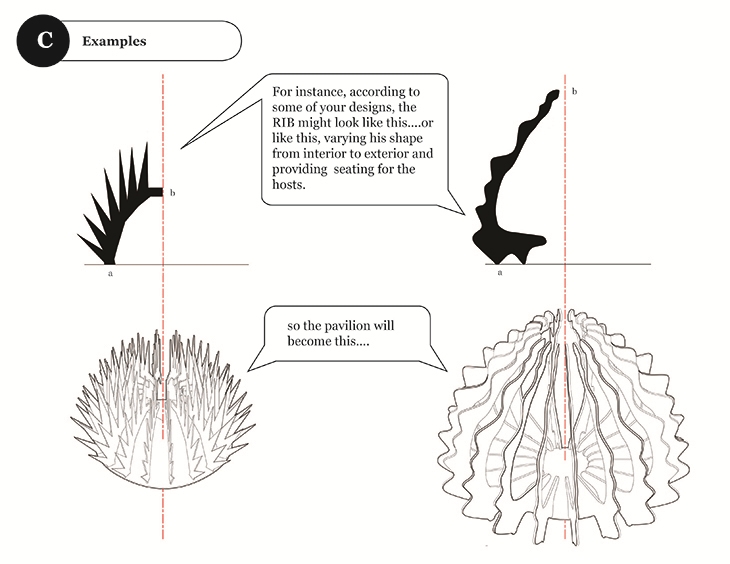 NETWORKED DESIGN EXPERIMENT
NETWORKED DESIGN EXPERIMENT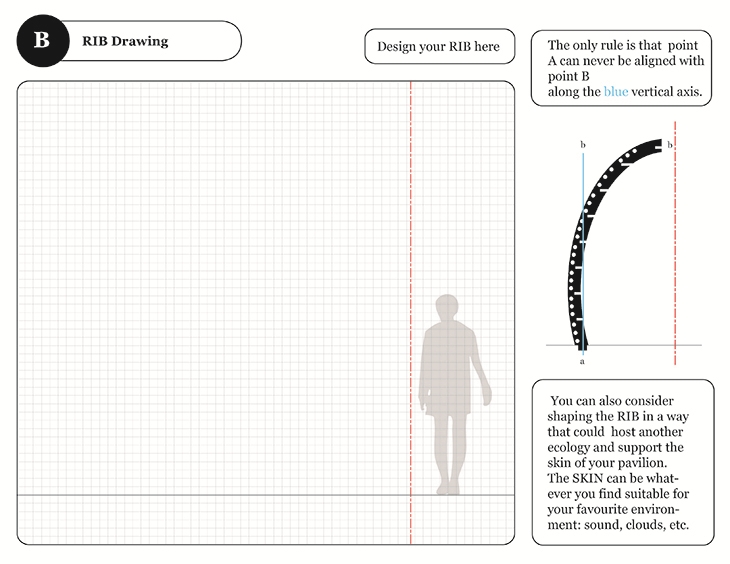 NETWORKED DESIGN EXPERIMENT
NETWORKED DESIGN EXPERIMENT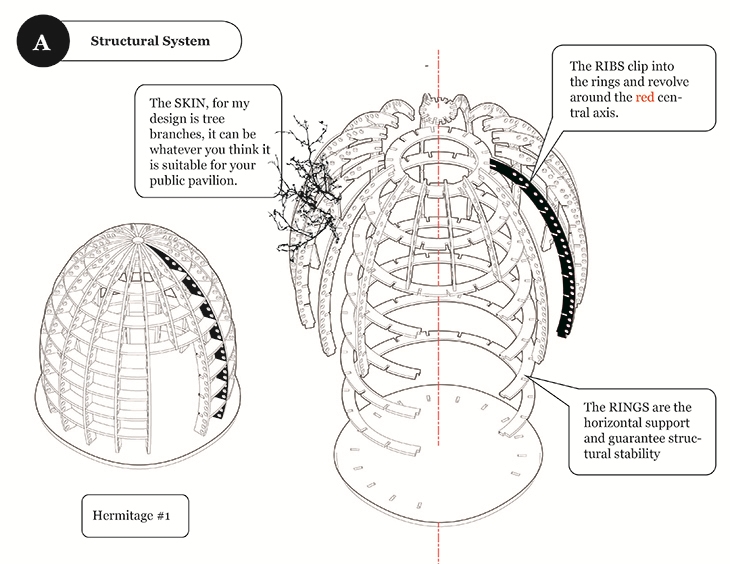 NETWORKED DESIGN EXPERIMENT
NETWORKED DESIGN EXPERIMENT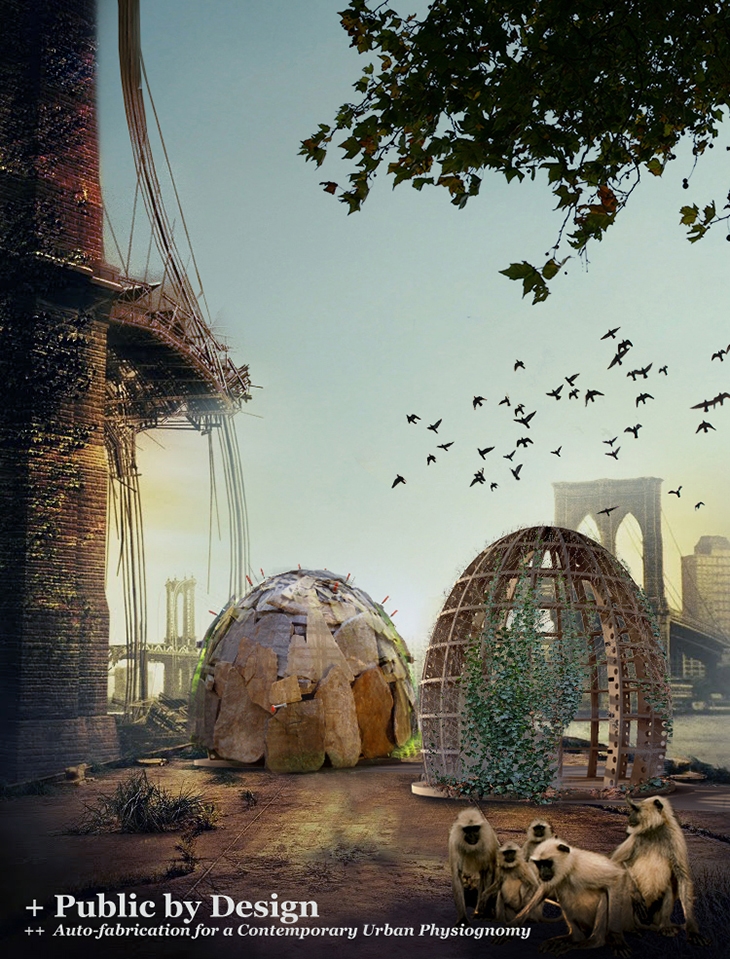 NETWORKED DESIGN EXPERIMENT
NETWORKED DESIGN EXPERIMENTREAD ALSO: URBAN REGENERATION AT ELEFTHERIO-KORDELIO, THESSALONIKI / STUDENT: KONTOMINAS G, TATLI I. / PROFESSORS: GEROLYMPOU A., ATHANASIOU E.